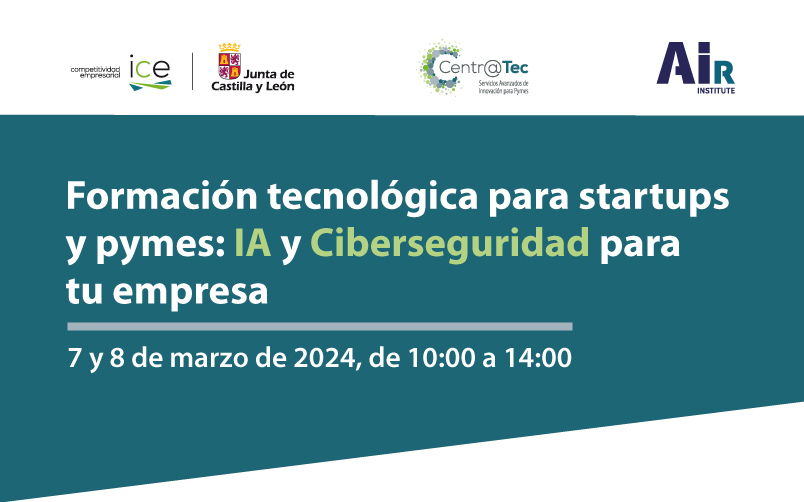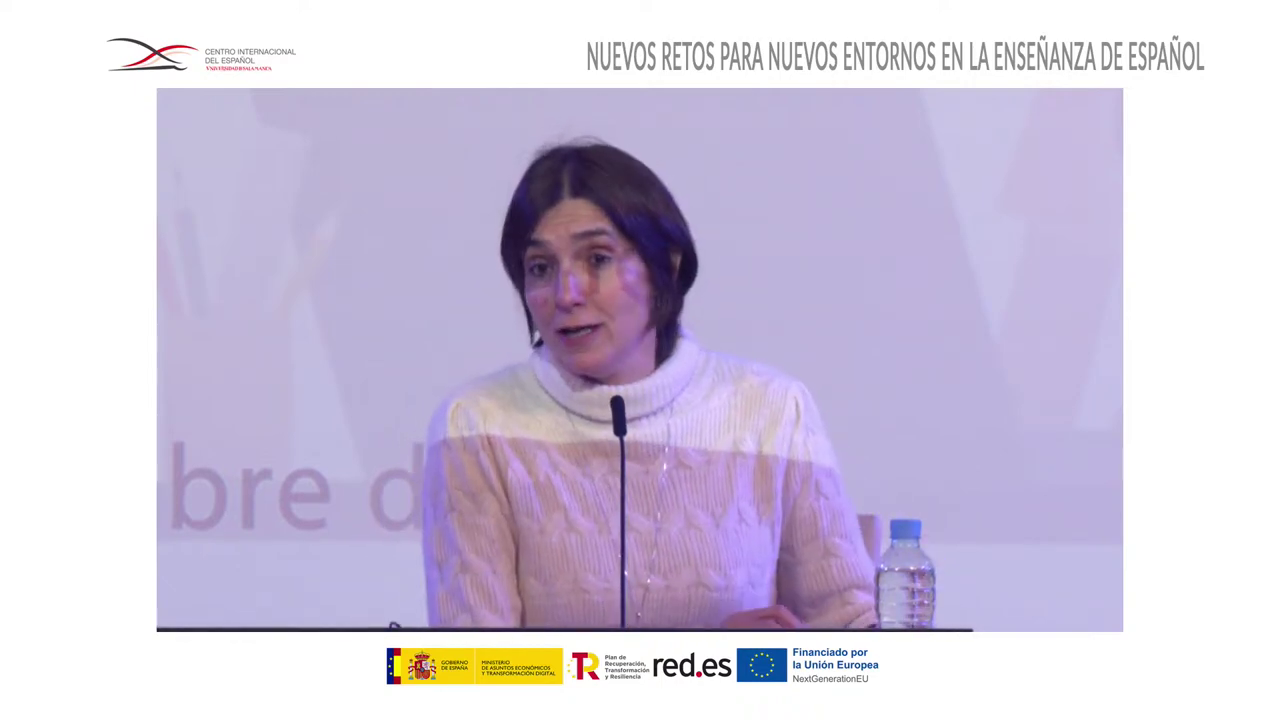The term Smart cities is already being used to describe some of the major cities around the world, and our society’s response to those technologically advanced metropolises is positive.By accumulating large amounts of data it is possible to find answers to current and future problems.
Intelligent cities are environments that provide citizens with a high quality of life. They use technology as the very basis of urbanism, infrastructures, transport, energy, etc. propelled by Big data and hyper connectivity, labelled as the Internet of Things (IoT); this paradigm is used increasingly in innovations, generating instant information which is utilized in creating a sustainable environment.

Although in the last years a lot of research has been done in this area, a long way is still left before us. There is much more to create and innovate, much improvement to be made. This field is in constant expansion and large-scale projects trigger the growing need for technology professionals.
By 2020, 50 billion devices will be connected to the Internet. Therefore, developers must be focused on creating solutions that will allow users to manage their devices faster and more comfortably and efficiently. Professions related to intelligent urban development projects are going to be the most sought-after profiles worldwide. Thus, the demand for qualified employees, prepared to design, analyze data and implement technological solutions for cities and buildings is expected to grow significantly.
However, it will be impossible to create smart cities if we lack qualified people, capable of responding to any type of situation, above all, of analysing the data collected by the different devices, such as sensors, applications or computer systems. In Spain, a National Plan for Smart Cities has been created with a budget of 152.9 million euros and the main cities already have different projects underway within the framework of Smart Cities.
For this reason, the University of Salamanca offers a Master’s and Expert’s Degree in the Internet of Things, organized by the BISITE Research Group, which is responsible for providing professionals with tools for the design of smart cities of the future.




